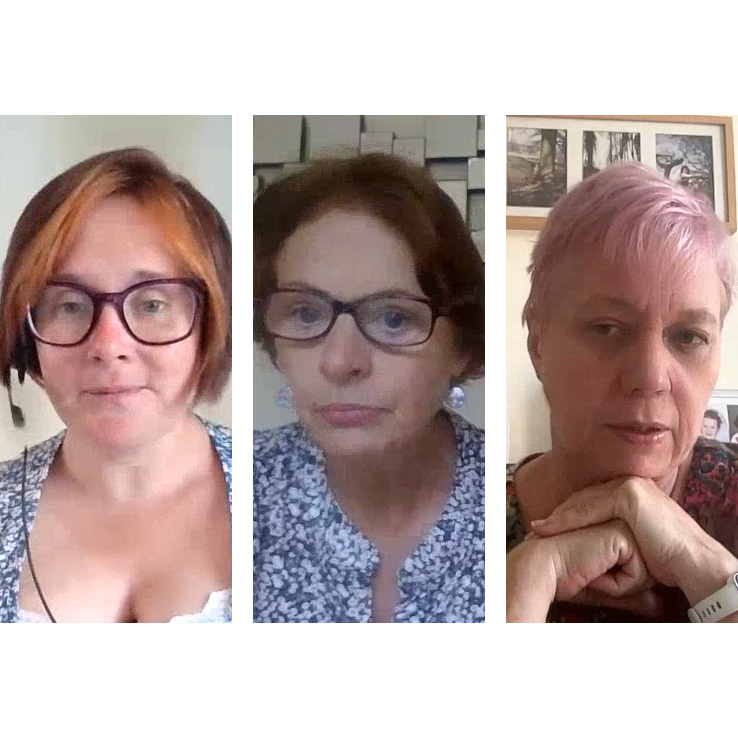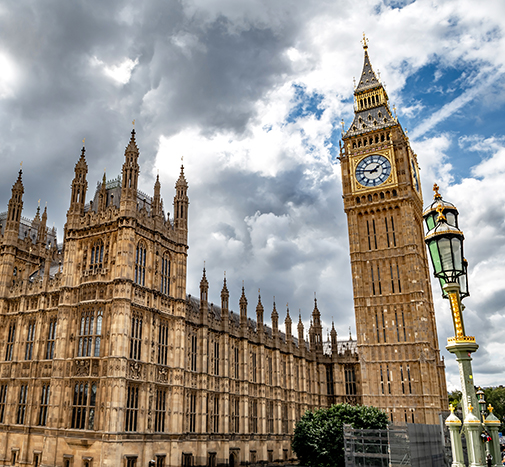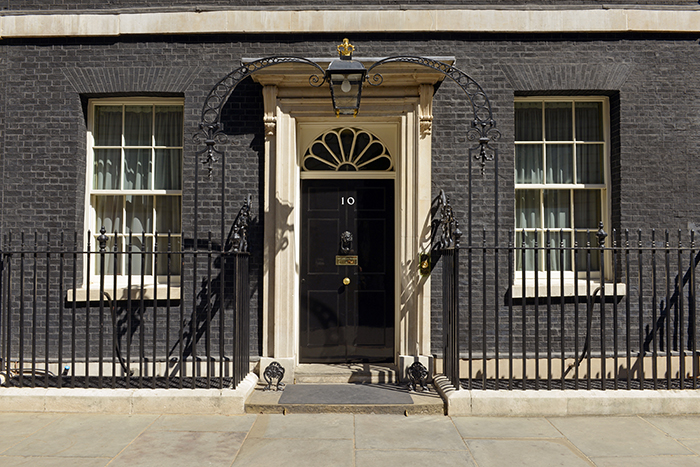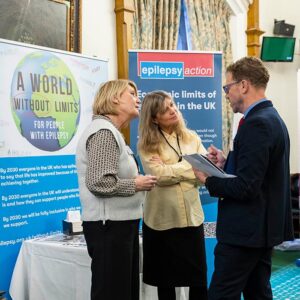 One in six people in the UK live with at least one neurological condition, costing the UK economy £96 billion in 2019, according to a report by Economist Impact.
One in six people in the UK live with at least one neurological condition, costing the UK economy £96 billion in 2019, according to a report by Economist Impact.
The value of action: mitigating the impact of neurological disorders in the United Kingdom is a report from Economist Impact, supported by healthcare company Roche with feedback and guidance from The Neurological Alliance.
Epilepsy Action is a member of The Neurological Alliance, which is a coalition of more than 90 organisations that support people with neurological conditions.
The study considered 10 neurological conditions: Alzheimer’s disease, brain cancer, epilepsy, migraines, MS, Parkinson’s disease, spinal cord injury, type I SMA, stroke and traumatic brain injury.
The report was launched at the House of Commons on February 26, 2024.
Epilepsy Action’s deputy chief executive Rebekah Smith and director of health improvement and influencing Alison Fuller attended the launch event in London.
Epilepsy affects 937 per 100,000 people in the UK. The report focused on idiopathic epilepsy – which has a prevalence of 358 per 100,000. It said this cost the economy 0.07% of GDP in 2019 or £1.7 billion, more than half of which is due to lost productivity.
Fuller said: “Overall, the average number of consultant neurologists in the UK is much lower compared to Western Europe.
“Delays and gaps in diagnosis and treatment can have huge repercussions on patient safety, from unplanned hospital admissions to breakthrough seizures, and even an increased risk of sudden unexpected death.”
“We know, as it stands, epilepsy costs the NHS £2 billion a year. But it is not limited to this. Lack of access to specific care means people with epilepsy are held back in so many other areas of their life, one of the most prominent being employment and economic contribution and removing health inequalities directly reduces issues of mental health.
“With targeted access to care and treatment, people with epilepsy can thrive and contribute to society just as much as anybody else and have the quality of life they deserve. This is why we will continue to ask policymakers to listen to the thousands of people with the condition and ensure the right level of input and improvement to service provision is implemented.”
The study said that neurology and neurosurgery services were performing worse than other health services – even amid a struggling NHS.
The report’s authors said there were three challenges that stop the UK healthcare system from improving neurology services. These were a lack of overarching strategy, a lack of human resources and a lack of access.
It said there was no high-level policy to address more prevalent neurological conditions, such as epilepsy or Parkinson’s disease.
It also highlighted issues with the numbers of healthcare professionals, stating the UK has 1.1 consultant neurologists per 100,000 people. The average in Western Europe is one per 12,000.
The report added that between April 2021 and April 2023, the waiting list for neurology treatment in NHS England grew by 76% to more than 220,000 people.
Writing in the report, the authors said: “Change is necessary at both the coalface of care provision for individual conditions and at the broader, strategic level.
“To bring down the high indirect costs to the economy, much of which are borne by carers, better social care for those with neurological conditions will be essential.”
The report was produced by Ashish Niraula, Anelia Boshnakova, Rob Cook and Paul Kielstra and is available on Economist Impact.
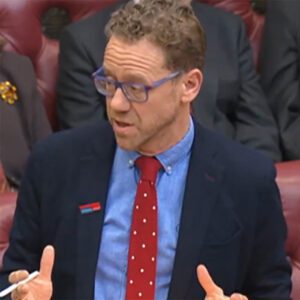 The report launch event was followed by a debate in the House of Lords about the NHS’s resourcing and capacity for those living with neurological conditions.
The report launch event was followed by a debate in the House of Lords about the NHS’s resourcing and capacity for those living with neurological conditions.
Speaking to the lords, Baroness Blackwood of North Oxford said: “An epileptic seizure can cause significant disability and in the worse instances death, but only half of those living with epilepsy are seizure free. This could rise to 70% if all those with epilepsy are targeted to the right treatments.”
She then asked Lord Markham, parliamentary under-secretary for health and social care, what plans the government had to improve specialist care for people with epilepsy in the UK.
Lord Markham said: “I proudly wear the Epilepsy Action badge. It is all about trying to get that early diagnosis. Getting the right treatment and early diagnosis can make a huge difference in terms of the outcomes.”
More articles
